Long Covid Families is dedicated to helping caregivers, children, and individuals find practical ways to improve their quality of life despite the impact of chronic illness.

Pacing: Energy Management
“Fatigue” is the most common symptom reported by Long Haulers with Post-Exertional Malaise experienced by about ~90%. It is important to understand that for most this is much more than “just feeling tired” and activities like pacing can greatly improve quality of life.

Inflammation & Histamines
Allergy & inflammation can be to blame for rashes, hives, stomach upset, and body pain for those with Long Covid.

Orthostatic Intolerance
There are ways to manage dizziness, lightheadedness, orthostatic intolerance, often associated with diagnosis such as POTS, other forms of Dysautonomia, and ME/CFS.

Mobility Aids
Not everyone diagnosed with Long Covid has the same symptoms or symptom severity. Aids may not be necessary, ambulatory (only used as needed) or mandatory.

School Accommodations
Schools are required by law to provide reasonable accommodations and modifications to students who have disabilities. Learn about ways for helping children with Long Covid succeed in school.

Work Accommodations
The financial burden of being chronically ill can be a significant source of stress. We discuss common ways that people with Long Covid obtain income: Job Accommodations, Private Disability, and Social Security Disability.
Pediatric Pacing Guide
Debilitating fatigue and flaring of symptoms after activity is referred to as “post exertion malaise” or PEM. Managing PEM is critical to long term outcomes for children who suffer with PEM from Long Covid or other infection triggered chronic illnesses. PACING is a strategy of energy/activity management to reduce the flare of symptoms (sometimes new symptoms) that can occur after a physical or mental activity. Our Pediatric Pacing Guide, created in collaboration with MEAction, gives parents the tools to prevent PEM.

